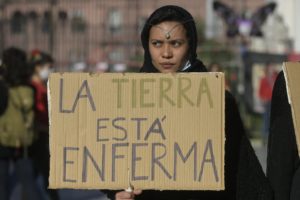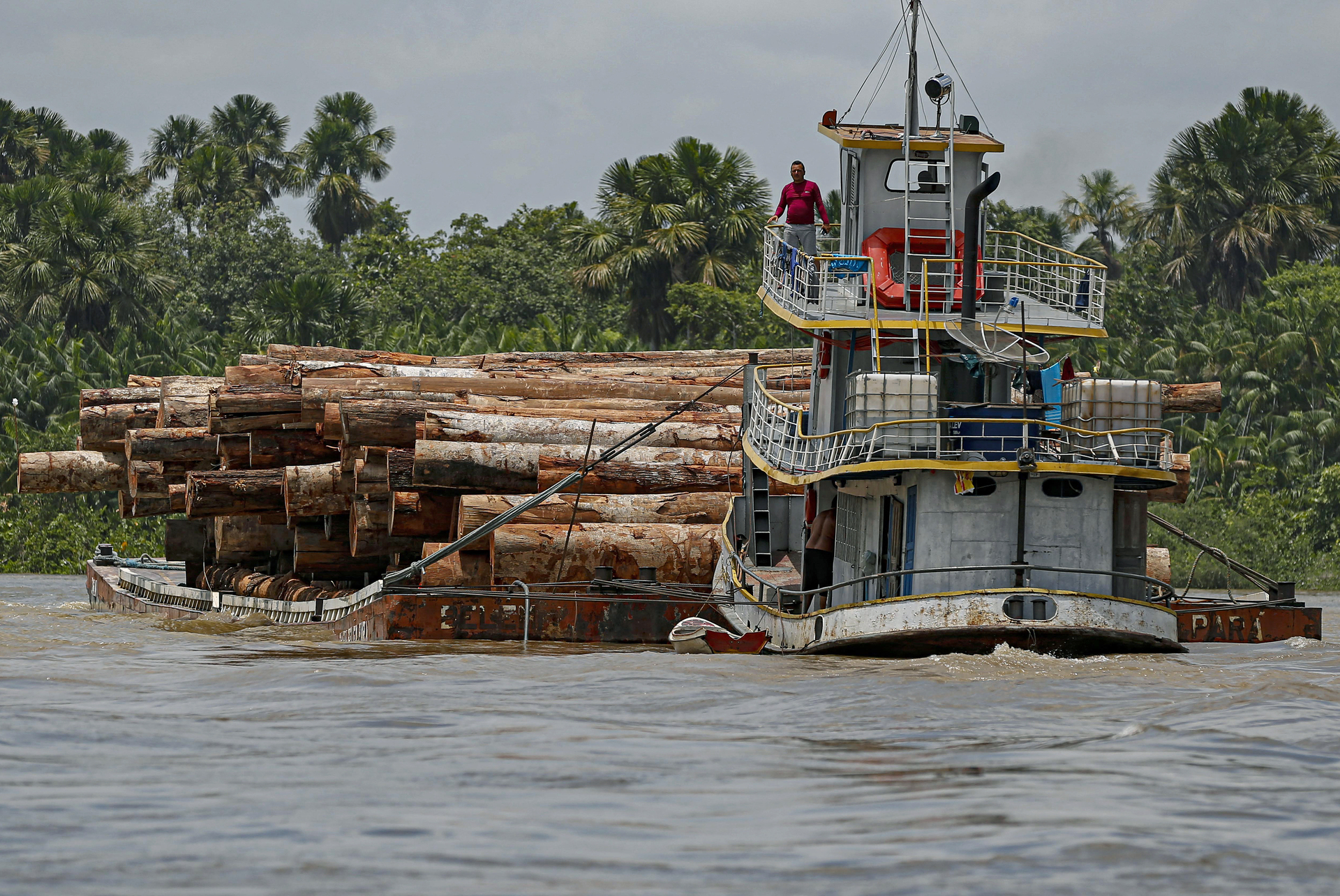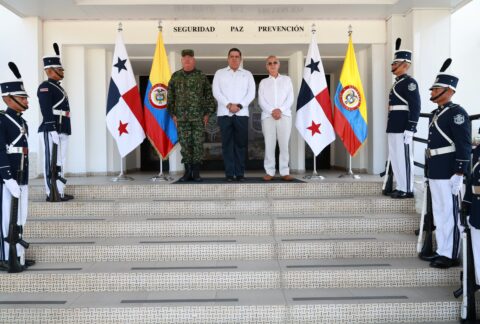The Collective on Chinese Financing and Investments, Human Rights and Environment (CICDHA), a nongovernmental organization (NGO) that promotes social, environmental, political, and cultural rights in Latin America, examined some of China’s largest backed projects in Latin America and presented some conclusions on their environmental and human rights impact.
“Things aren’t moving forward, and we identified new problems,” Julia Cuadros, a member of the board of directors of the Peruvian NGO CooperAcción, which belongs to CICDHA, told Diálogo on July 14. “One of them is that China’s foreign policy continues, with diplomatic missions, embassies, and the Chinese government itself not communicating with civil society.”
Cuadros pointed out that among the 26 projects analyzed in late June, the right to live in a healthy and sustainable environment was violated in 24 cases; violations against the collective rights of indigenous peoples occurred in 18 cases; violations of civil, political, and economic rights were registered in 10 cases; and in eight instances labor rights were violated.
Two projects
In the case of Ecuador’s hydroelectric project Coca Codo Sinclair, built by the Chinese company Sinohydro Corporation, the Chinese environmental impact study did not consider the seriousness of the accelerated regressive erosion in the rivers triggered by the hydroelectric plant, causing the disappearance of the 150-meter San Rafael waterfall, the highest in the country, on February 2, 2020.
To mitigate the effects of erosion, in December 2021, Ecuador and the United States signed a memorandum of understanding to protect the water catchment works of Coca Codo Sinclair, which covers the demand of 30 percent of electrical energy for Ecuadorians, according to the Ecuadorian Electrical Corporation.
In Peru, the Marcona Mine project, developed by Chinese company Shougang Hierro Perú SAA, is one of the most conflictive in the country, with accumulating lawsuits on labor law violations. During the pandemic, the company forced workers to stay in the mine between 30 and 60 days, leading to the death of 24 people infected with COVID-19, who were not able to leave, the report states.
The Guyana case

“Any alliance with China […] is very risky,” Daniel Pou, director of the Citizen Security Data Analysis Center of the Dominican Republic, told Diálogo. “China cast itself as a new colonizer to co-opt in its favor strategic points, such as maritime routes, telecommunications, raw materials, and a whole series of fundamental elements for its development — not ours.”
Addressing the $260 million project of China Railway Construction Corporation Limited, set to build a new floating bridge over the Demerara River in the capital of Guyana, Pou pointed out that “this is not an adequate technology, much less for a bridge with a 2-kilometer span over a river, with a very high maintenance cost, risks, and insecurity.” Guyanese environmentalist Simone Mangal-Joly denounced to the Guyana News daily the lack of an environmental impact study for the project.
Balsa wood
The CICDHA report highlights that another serious problem present in many Chinese projects in Latin America is deforestation, both for logging, construction of works and access roads to infrastructure, including the illegal exploitation of balsa wood in the Amazon.
“China […] is implementing wind energy fields, and the blades of each module are made with balsa wood because it’s lightweight. That wood is in our Amazon forests. Chinese companies are raiding forests and sending third parties to cut down the trees,” Cuadros said. “They are deforesting one of our main capitals in Latin America.”
China is doing everything it can to occupy territories not only with infrastructure, but also by seizing natural resources, Pou said. “Latin America has become their pantry for minerals, soy, meat, fish, even for their energy transition,” Cuadros added.
Strengthening alliances
Latin America and the Caribbean cannot rely on China, as there isn’t a single Chinese project that does not have conflicts, Cuadros stressed. People are being directly affected, and as long as they do not change these behaviors their operations will continue to have conflicts.
“Alliances with other continents, with organizations that are suffering the impact of Chinese financing and investments must be strengthened. It is not only Latin America,” she said.
In October 2023, CICDHA will present the fourth full report on the impact of Chinese activities in Latin America to the United Nations Human Rights Council, Cuadros said. The third report was presented in 2018.
“China has to look at the behavior of its public, private, or mixed companies, when they act […], that is, they have to do everything possible so that their projects do not affect civil, political, economic, social, cultural, and environmental rights,” Cuadros concluded.









